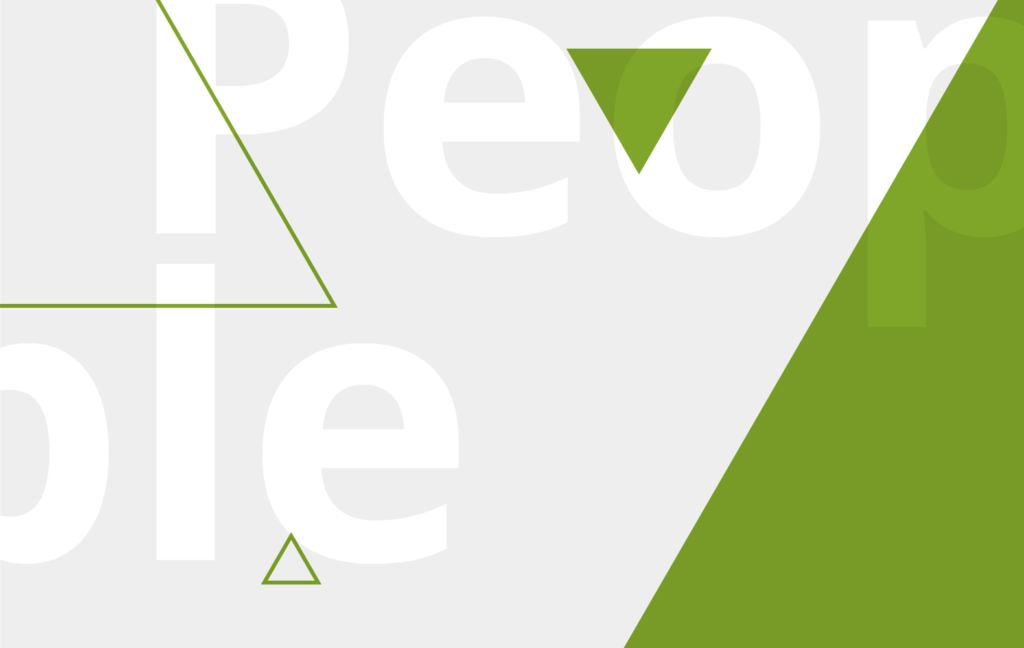16 January 2020 – Noel Lowndes from the National University of Ireland, Galway and chair of the Young Investigator Programme Committee from 2008 to 2012 and current chair of the Global Investigator Network committee, says that interviewing applicants was by far the best part of the process. “It was really just talking about something you enjoy with other people who enjoy it, too, and are good at it,” he recalls. “It was a humbling experience, because many of the people we saw were so spectacular.”
As part of the committee, Lowndes was involved in instituting the thing he relished so much: the panel interview. Previously, while applicants were interviewed by an EMBO Member, the Young Investigator Programme committee itself worked solely off written submissions, making it harder to spot the true rising stars. “It’s amazing when you meet someone as opposed to seeing them as a hypothetical person on paper,” says Lowndes. “Just seeing how people give their presentation and respond to your questions tells you immediately about their leadership credentials. You need to identify not the best CVs, but the people who’ve got the potential to become the leaders of the future. That’s what the progamme is all about.”
Seeing the candidates’ passion mattered, too: “To be a leader, you have to be passionate about your work, because you want to take people with you,” Lowndes says. “That doesn’t mean extrovert – there are introverted people who are every bit as passionate and you can see that when you talk to them.”
Just the sheer exposure to all that good quality science from these bright young stars is amazing
Noel Lowndes, Chair of the EMBO Young Investigator Programme Committee
Unsurprisingly, there are also benefits to the committee: “Just the sheer exposure to all that good quality science from these bright young stars is amazing,” adds Lowndes. “You get back home thinking that European science is in great hands, although it does make you wonder how on earth you’re going to keep up!”
Asked what he considers the worst thing about committees, Lowndes cites the amount of work you have to do in advance. “Finding time in your busy schedule to go through the applications is hard,” he admits. “Funnily enough, once you’re into it, it’s quite enjoyable because it’s primarily science, but it’s the activation energy to get started.” And he thinks that everyone needs to do it. “Sitting on committees is a service to science, just like peer review in general, and science won’t work properly without it,” he says. “It’s our responsibility to do it, but in return, you get to meet some great people, and see a snapshot of all these amazing things that are going on. It’s not a bad exchange.”



